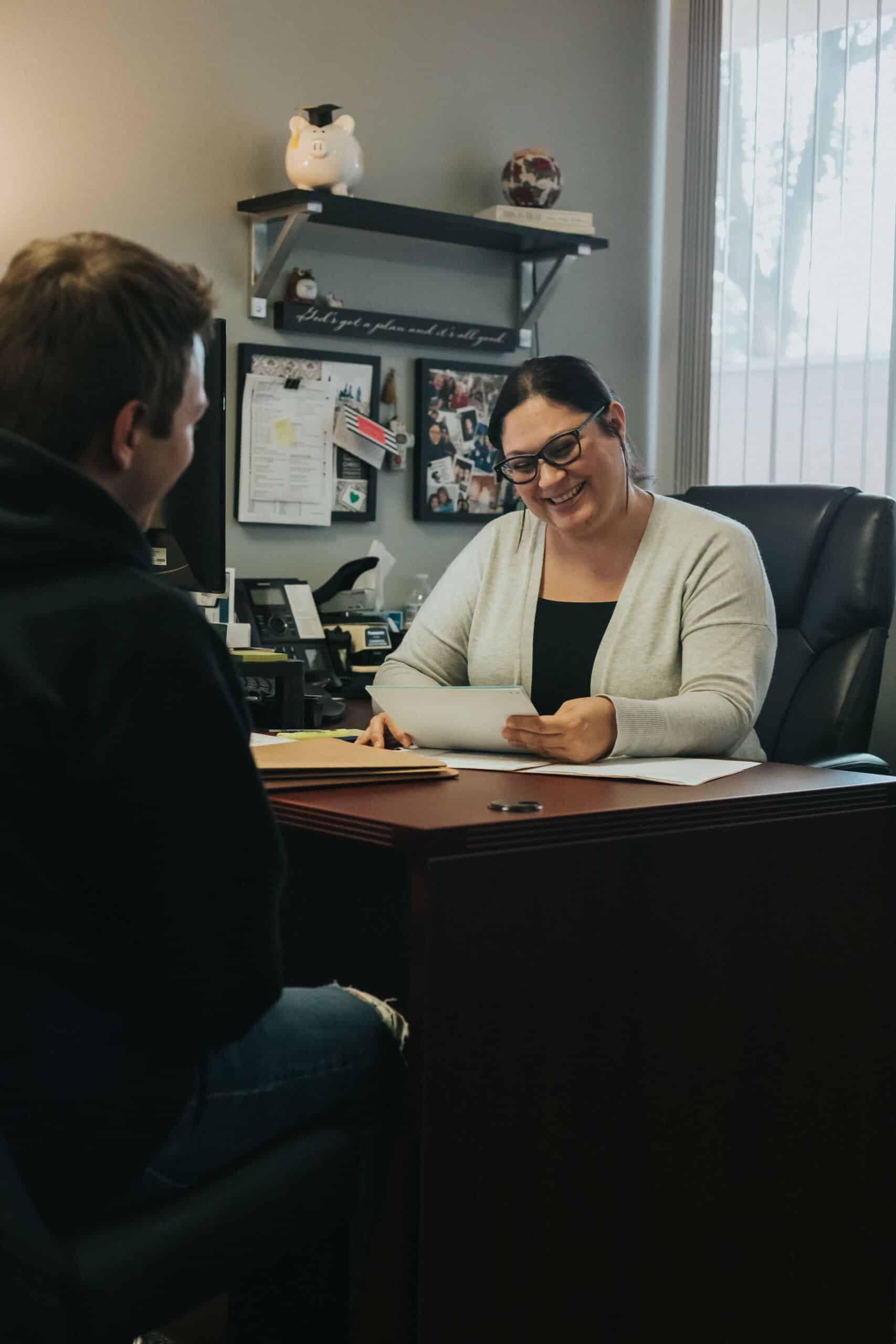Life Pacific University
Accessibility
Life Pacific University is committed to providing all individuals — whether on campus or online — with an accessible, informative and enriching experience. The university seeks to provide all individuals with disabilities reasonable access to services and resources as required by the Americans with Disabilities Act of 1990, Section 504 of the Rehabilitation Act of 1973 and other applicable federal and state regulations. Please refer to this page to learn more about our services and how to request more information.

Students with Disabilities
The 1990 Americans with Disabilities Act mandated equal opportunity for students to participate in or benefit from the services offered by a place of public accommodation. This mandate is now inclusive of private universities. A qualified individual under ADA must have a physical or mental impairment which substantially limits one or more major life activities. Major life activities involve caring for oneself, performing manual tasks, walking, seeing, hearing, speaking, breathing, learning (which includes any type of diagnosed learning disability), and working. Moreover, a qualified disabled student must meet the academic and technical standards requisite for admission or participation in an education program or activity.
STUDENT RESPONSIBILITIES
If a student is aware, or suspects, that he/she is a qualified individual under the ADA, it is his/her responsibility to take the following steps:
- Fill out the Disability Accommodation Application. Having trouble with the Disability Accommodation Application? E-mail us at info@lifepacific.edu
- Bring the completed form, along with formal documentation (no older than 3 years) from a doctor on letterhead stating the specific disability, to Tannise Collymore, Assistant to the V.P. of Academic Affairs in the Academics Affairs Office.
- Attend a meeting with the Director of the Academic Support Center, Luci Sanders, who supervises the Life Challenges program, in order to discuss and determine appropriate accommodations.
- Repeat this process at the beginning of each academic year (for long-term disabilities).
Please note: If it is necessary for the student to be tested or assessed for a disability, it is the student’s responsibility to obtain this information from an outside source, such as a licensed psychologist or qualified educational therapist.
OFFICE OF ACADEMIC AFFAIRS RESPONSIBILITIES
It is the responsibility of Academic Affairs to serve as the starting point for any student who wishes to file a Disability Accommodation Application.
The Office of Academic Affairs will help any student identified as a qualified individual under the ADA with academic accommodations after they have filled out an application and met with the Assistant to the Academic Dean. Students will be required to meet with the director of the Life Challenges program, who endeavors to provide a link between students and their professors by establishing an in-classroom accommodation plan, and who will assist them in developing their academic accommodation plan and subsequent interaction with 38 individual professors. The director of Life Challenges will assist in contacting and notifying professors as needed.
In the event that a student’s disabilities will affect areas outside of Academics, such as his/her ability to fulfill chapel requirements, the Office of Student Life will be notified in order to provide reasonable accommodations. OSL will not waive the requirements for chapel. Students with severe diet restrictions, documented by a licensed physician, may also fill out the Disability Accommodation Application in regards to accommodations available in the Café or in regards to meal plan adjustments. Note: It is not the responsibility of OSL to provide any testing or assessments for a student who may have a qualifying disability.
Reasonable accommodations include the following:
Regarding Academics
- Allowance for the presence of a note-taker.
- Allowance for the presence of a tape recorder.
- Allowance for the presence of a scribe for tests.
- Oral recitation of test questions.
- Additional time for in-class assignments (time and a half for most circumstances; double time is the maximum time allowed for physical disabilities).
- Additional time for tests (time and a half for most circumstances; double time the maximum allowed for physical disabilities).
- Priority registration.
- Taking tests (at no charge) in the Library.
Regarding Chapel
- Allowance for the presence of an interpreter
- Reserved seating for easier access
Please note: It is not the responsibility of the Academics Office to change any technical requirements of classes or to give course waivers, nor to provide the necessary agents of accommodations. If a student is in need of items, such as a tape recorder, it will be his/her responsibility to provide one.
Complaint Process
Students are encouraged to follow the grievance policy outlined in the University Catalog.
Co-curricular Grievance
In the event that a student has a serious concern about a specific policy of the University that is outside of academic concern, the student is encouraged to communicate with the Dean of Students/Vice President of Student Development. The appeal should be made in writing describing the nature of the grievance, the evidence upon which it is based, and the remedy sought. The Dean of Students will act to bring formal resolution to the stated grievance. If satisfactory action is not achieved, an appeal may be directed to an Ad Hoc Appeals Committee for final resolution.
An individual may contact the Bureau for Private Postsecondary Education for review of a complaint. The bureau may be contacted at:
2535 Capitol Oaks Drive, Suite 400
Sacramento, CA 95833
https://www.bppe.ca.gov
Telephone: (916) 431-6924
FAX: (916) 263-1897
academics
Office Hours: 8am-5pm PT, Monday – Friday
Call or Text: (909) 599-5433
Email: academics@lifepacific.edu